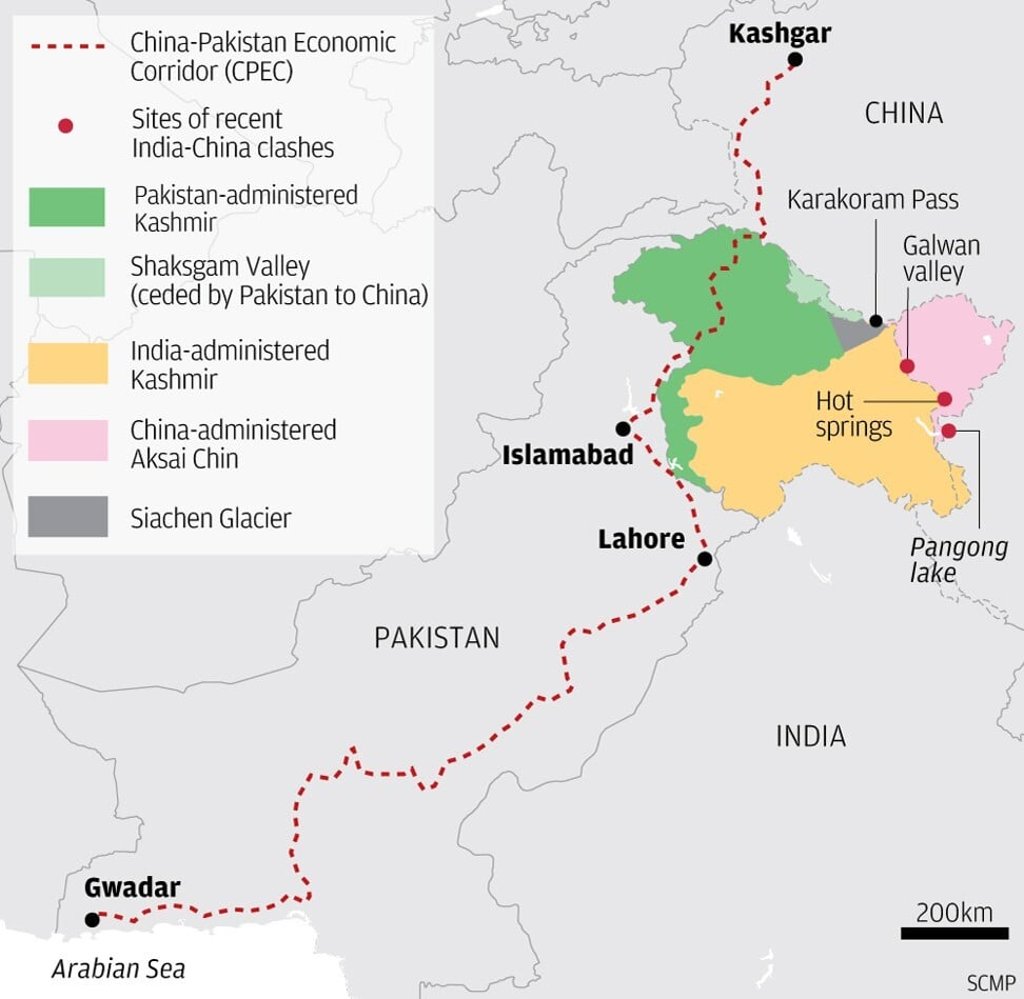Advertisement
Opinion | China-Pakistan Economic Corridor faces new threats from militancy
- Observers are questioning if militant groups are receiving external backing in their bid to launch attacks aimed at disrupting the US$62 billion megaproject
- Pakistan’s long-time rival India is locked in a military stand-off with China at their de facto border, the disputed Line of Actual Control
3-MIN READ3-MIN

Since the multibillion dollar China-Pakistan Economic Corridor was launched in 2013, there has been cynical scrutiny of the project, arguably more so than other China-backed overseas investments.
The United States has led in the criticism, cautioning that CPEC projects are neither transparent nor cost-efficient, and warning Islamabad that it is subjecting itself to expensive loans under China’s Belt and Road Initiative – through which Beijing has pledged more than US$60 billion so far.
But supporters of the project, including the Pakistani government, maintain that Islamabad will not end up being a client state of Beijing’s, and that the CPEC is its best shot at economic development.
Advertisement
Will they have a chance to be proven right?
Advertisement
Indeed, the CPEC has not progressed as planned, with several large projects shelved and others still uncompleted. The Covid-19 pandemic is likely to slow things down further, even though Pakistan on Thursday approved the costliest project to date, a US$6.8 billion upgrade to railway lines.
Advertisement
Select Voice
Select Speed
1.00x

